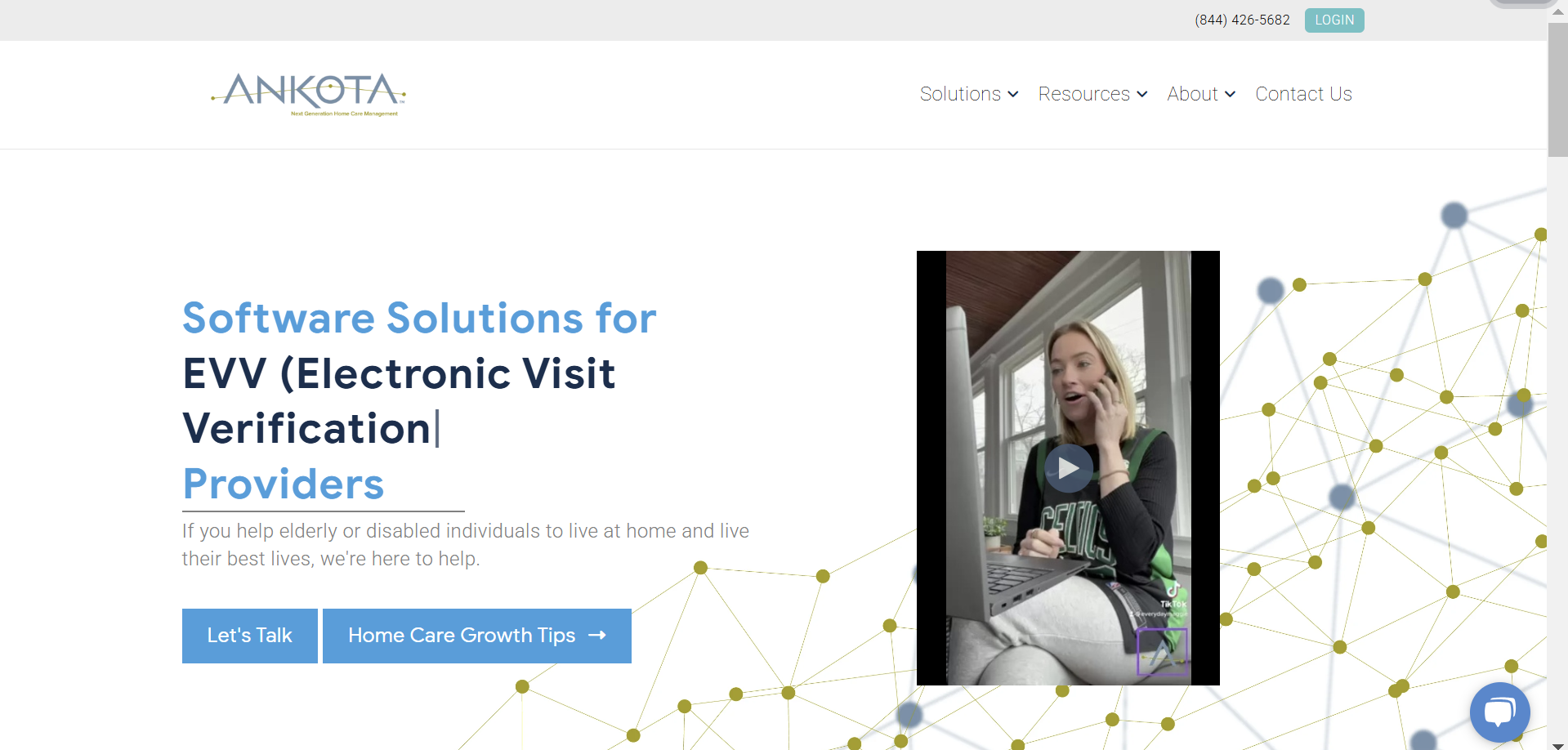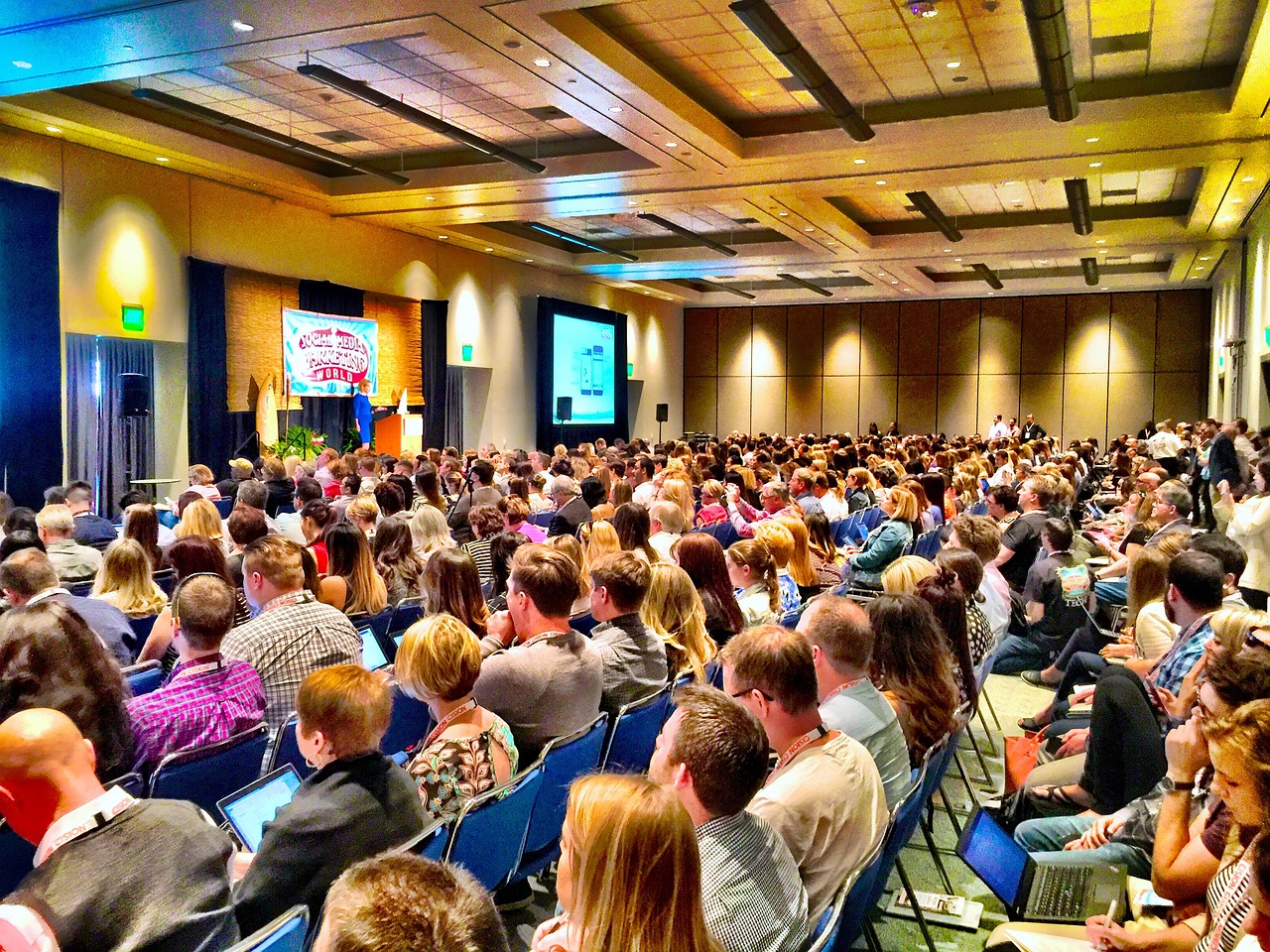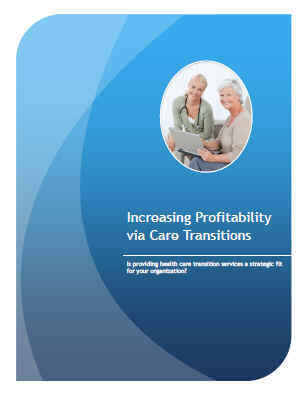One of the industry experts I learn from every time we speak is Ginny Kenyon, principal at Kenyon Home Care Consulting. Ginny helps open home care agencies and has given Ankota great inputs on our software. We at Ankota strongly believe that keeping elderly people healthy and comfortable in their homes (and out of the hospital) is an important step in the evolution of healthcare. Ginny is one of the pioneers driving moves in home health delivery. Enjoy her post (below).
The American Hospital Association (AHA) predicts the number of people over the age of 65 living in the U.S. will triple between the years 1980 and 2030. This increase is a direct result of an aging Baby Boomer generation. What does this mean for our society? It means our healthcare system is facing another potential crisis. As more Baby Boomers age, their need for medical care increases. Are we prepared to take on this extra responsibility? Many professionals answer this question with a resounding “no!” In this article, we’ll discuss Baby Boomers healthcare issues, as well as the benefits for homecare startups in helping care for this aging generation.
In this article, we’ll discuss Baby Boomers healthcare issues, as well as the benefits for homecare startups in helping care for this aging generation.
Causes for Concern
There are several reasons our country’s healthcare system needs to be reevaluated when it comes to elder care. We’re simply not equipped to manage the increasing healthcare needs of Baby Boomers as their ranks grow. Here are a few examples of specific areas that need attention.
Chronic Illness Care
According to Rick Wade of AHA, “…the weakest link in healthcare is the ability to manage chronic illness.” And pondering the rate at which the population is being diagnosed with chronic diseases, there is reason to worry. Consider the following statistics related to the health of Baby Boomers by the year 2030:
-
More than 37 million boomers will suffer from multiple chronic diseases
-
One out of four will live with diabetes
-
Nearly half will suffer from arthritis
-
More than 21 million will be categorized as “obese”
Hospital to Community Involvement
Acute care looks much different today than it did in years past. Recovery time spent in the hospital is shorter, and aging individuals need regular continued post acute care outside the hospital. The need for adequate communication between hospitals, physicians, and the caregivers managing post acute care is vitally important.
Caregiver Support Ratio
In simple terms, a caregiver support ratio defines the number of potential caregivers (ages 45 to 64) for each elderly person (80 and over). In 2010, this ratio was seven to one. By 2030, that number will drop drastically to four to one and then continue falling through 2050, when the last of the Baby Boomers will be in the high-risk late years of life.
These projected ratios mean there will be a great need for more available trained caregivers as boomers continue to age.
What Baby Boomers Want in Healthcare
Baby Boomers are expected to be the most tech-savvy and informed aging citizens the U.S. has ever seen. As such, their requirements for top-notch care exceed those of previous generations. Here are some of what boomers will expect:
-
Personalized care at home
-
Specialized services to help manage chronic diseases
-
The ability to stay healthy and active as long as possible
Although these requirements seem reasonable, they’re difficult to meet as the healthcare systems stands today. Changes need to be made and soon!
The Importance of Homecare Startups
The situation seems dire, but there is something you can do. Homecare startups are one of the best solutions to manage the growing boomer care shortage. If you’re thinking of embarking on a homecare startup or expanding your current homecare services, now’s the time!
Investing in and planning ahead for the services Baby Boomers will demand, is a smart, effective way to avert this healthcare crisis. With more homecare organizations available to provide services, we can combat many of the inevitable issues needed to care for this population.
Planning Homecare Startups and Expansions
You know a possible answer to the impending boomer crisis, but where do you begin? By investing time and resources into homecare startups and expanding current services, you will be ready to provide the care the boomers will need.
There are several necessary steps when getting your homecare organization off and running, from market research to employee hiring. Success is in the details! Learn more about essential homecare startup steps here.
This article was originally titled BABY BOOMERS ARE THE FUTURE: THE VALUE OF HOMECARE STARTUPS and first appeared in Kenyon HomeCare Consulting blog.
Ginny Kenyon is the founder and CEO of Kenyon HomeCare Consulting, a home health consulting firm that gives agencies a market advantage, promotes creative product development, and offers viable ways to achieve and sustain organizational and fiscal success.
------
One of Ankota's recent care transitions whitepapers, entitled "Selling Care Transition Services to Hospitals" is available for download and we think you'll find it useful. Please click the link or the picture below to download. If you're interested in scheduling an online demo of our home care or care transitions software solutions, just click this button:
Click Here for a Free Demo
Ankota provides software to improve the delivery of care outside the hospital, focusing on efficiency and care coordination. Ankota's primary focus is on Care Transitions for Readmission avoidance and on management of Private Duty non-medical home care. To learn more, please visit www.ankota.com or contact us.

.png)
.png)




.png)
.png)


